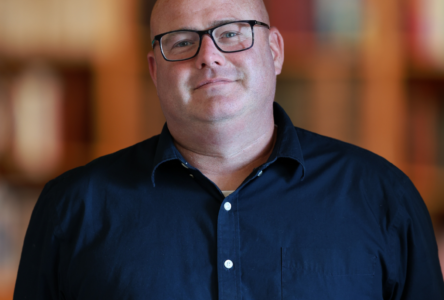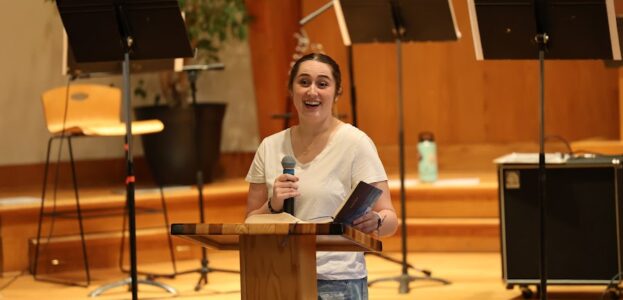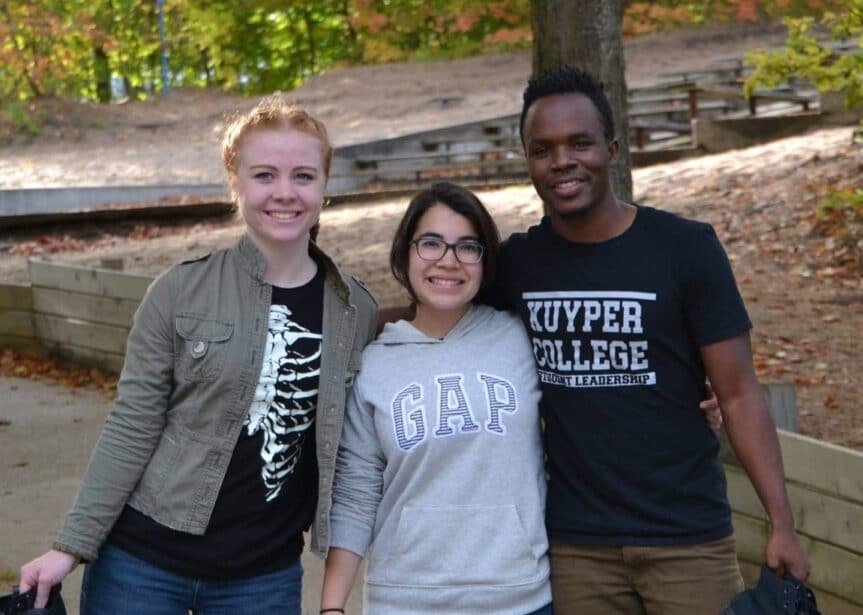Inspiring Leaders: Kuyper Board Member Shares His Story
As part of Kuyper’s Inspiring Leaders series, Kuyper College Board member, Ashanti Bryant spoke at a Kuyper’s Ora et Labora session in mid-October.
Born in Detroit, Michigan, Bryant was eight years old when his father left his mother and his four siblings, plummeting the family into poverty. Despite challenging circumstances, Bryant’s mother always “forced” her kids to go to church, helping to pass her faith onto her children. Bryant considers this “the best gift she gave us.”
After high school, Bryant attended West Michigan University, graduating with a degree in Elementary Education. He was an early childhood education teacher for several years, while also working as a camp counselor, mentor, and children’s ministry leader. While he loved his work, he knew that he was not equipped to get at the “stuff” that was really affecting the kids he worked with—things like poverty, abuse, and family instability. So, Bryant decided to pursue a Masters’ of Social Work.
After graduating with his MSW, Bryant spent a few years working in foster care, adoption, youth and family services, nonprofit management, and sexual abuse counselling before returning to his true passion: education. Equipped with the skills and experience to get at the “stuff” he couldn’t reach before, Bryant taught several grades, ranging from kindergarten to seventh grade. He then moved on to opening charter schools.
Eventually, Bryant was appointed as the first African American principal in the Grand Rapids Christian School system. Despite obvious differences, Bryant said he found a true community there. “God engrafted me into that community and made me a part of that community authentically, so much so that I know, and they know that we are the same.”
Today, Bryant is the Education Director at Amplify GR, a nonprofit organization in Grand Rapids that according to him seeks to widen pathways so all residents have a greater opportunity to participate in and benefit from community growth. The organization works to strengthen local schools, encouraging students to stay in the neighborhood schools.’ Bryant said that their goal “is to break the cycle of poverty by creating intentional, mixed-income neighborhoods.”











